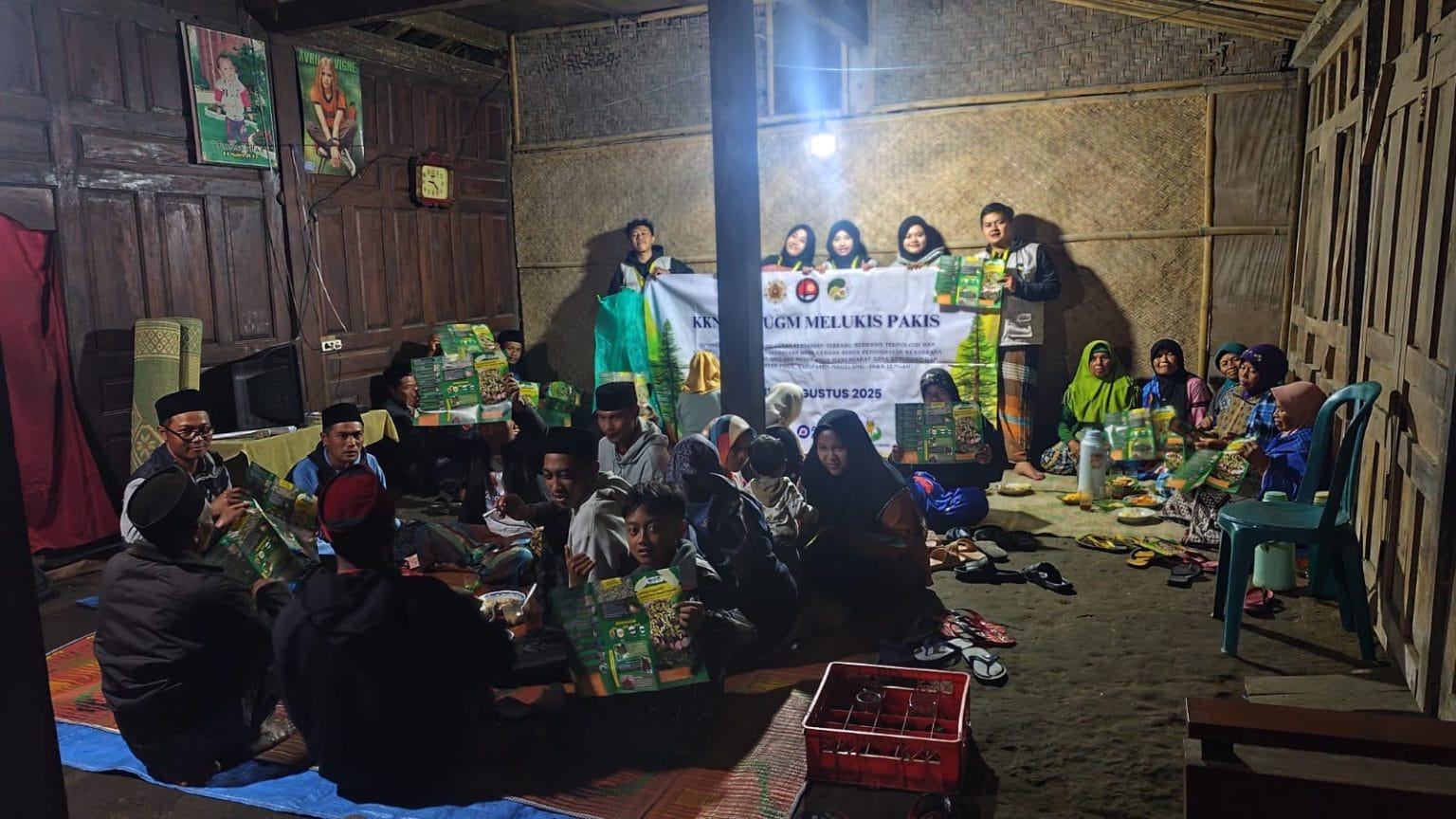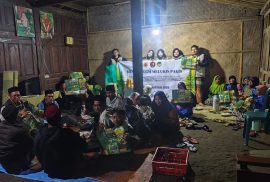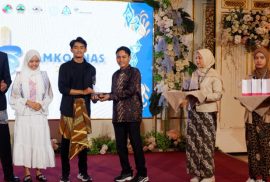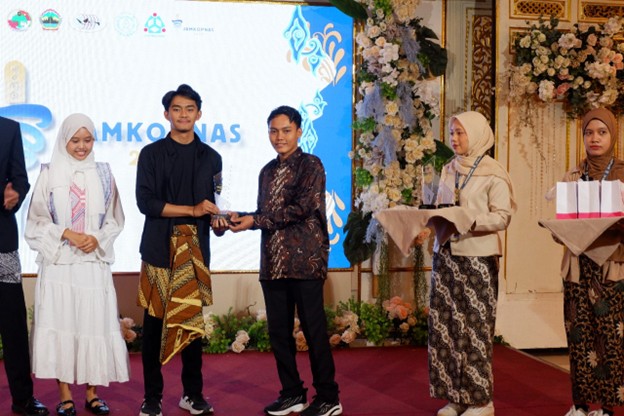
The Community Service–Community Empowerment Learning Program of Universitas Gadjah Mada (KKN-PPM UGM) “Melukis Pakis” carried out a community empowerment program in Ketundan and Kragilan Villages, Pakis Subdistrict, Magelang Regency, Central Java. This initiative adopted the theme “Optimization of Integrated Agricultural Land Potential Based on Technology and Local Wisdom for the Empowerment of Smart Villages and Raising Awareness of Oral Health Risks in the Communities of Ketundan and Kragilan Villages, Pakis Subdistrict, Magelang Regency, Central Java” with Field Supervisor (DPL) Budi Rodestawati, S.Kp.G., M.P.H.






